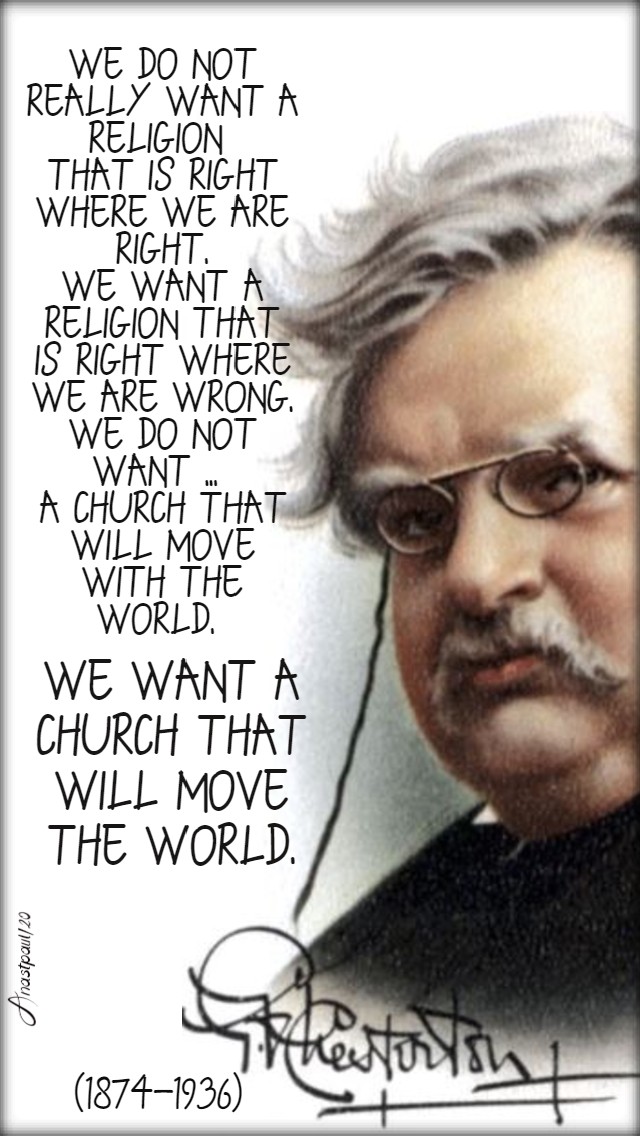It's at least a bit amusing that he claims there are no consequential differences in adult brains and then gets bewildered at the gender gap in STEM and HEAL. Men are more interested in things, and women are more interested in people. In the gender-equality paradox, the disparity between personal choices actually grows in more egalitarian societies.
One thing I agree with is that fatherlessness is a core problem in this, but I don't see how getting more men into education is going to fix that. We need to get rid of the obsession with equality because nobody even knows what it means or why it should be our redeeming principle. First, he acknowledges that the upshot of feminism was shifting of the scales rather than some universal improvement, but then he goes on to play the same stupid numbers game. Seriously, what kind of magic is going to happen when more teachers are men? What matters is what we teach, not who teaches it.
Maybe the idea is that boys are more receptive to male role models. But even then, public education is a failure. On the one hand, both parents are now expected to work, which cuts the time they spend on actually raising their child. On the other hand, public school teachers are so overloaded that they have to be apathetic to the needs of individual children in favor of the curriculum. In the end, no child is given proper guidance and gets raised on a nihilistic social media dross.
What is emblematic of the whole confusion is the appeal to reinvent what it means to be a father. We can't reinvent that because we haven't invented that in the first place. There are some temporal conditions to the traditional idea of fatherhood, but for the most part, we have settled on male roles in the family because we have discovered them to be meaningful. It doesn't matter if there are new issues; the patterns of our behavior are still the same. We are not dealing with new, unknown technology but something very old and human, so maybe instead of constantly trying to come up with innovative piecemeal solutions, let's look at what has worked in the past. What fathers need now is the same thing they needed 1000 years ago.
Of course, it doesn't surprise me in the least that there is no mention of how significant is the abandonment of God in all this. We need and want to serve a higher purpose, but when this is all rooted in self-determined values that can change as quickly as our feelings about them, it's only natural that eventually we see through the vanity. What we really want is unlimited love, beauty, truth, and good; but these are discovered values. Liberation is not the removal of all constraints, only the removal of malevolent constraints. When God calls out to Moses in Exodus to deliver a message, he says to set the people free so they can serve Him in the desert, not to set them free so they can do whatever. Remove the service, and you're left with the desert and no obvious way out.
It's completely understandable when "worthless" is the last thing a man thinks of before suicide. Like anything else, our value is ultimately determined by external sources, as value is meaningless outside of social context. If nobody is willing to pay you for labor and nobody loves you, then you are actually worthless. But if those same men understood that this was changed forever in the historic moment when the death of Christ breathed inseparable sovereignty and value into each individual, they could still find grace in service to Him.


